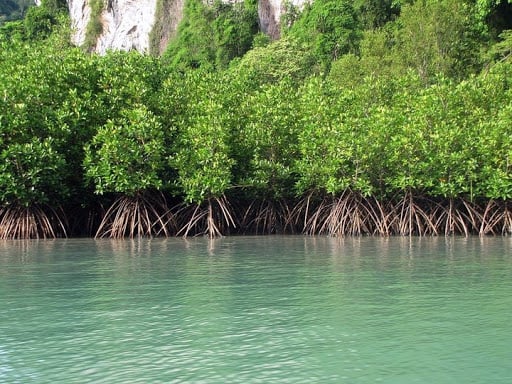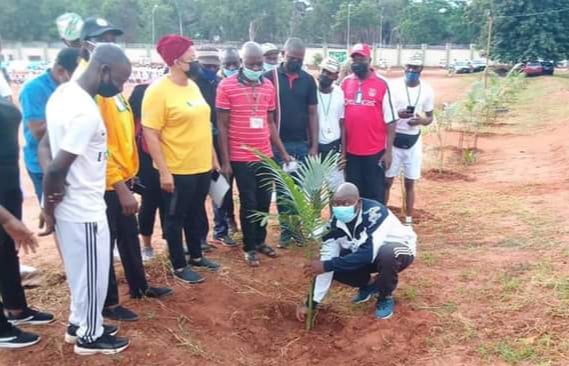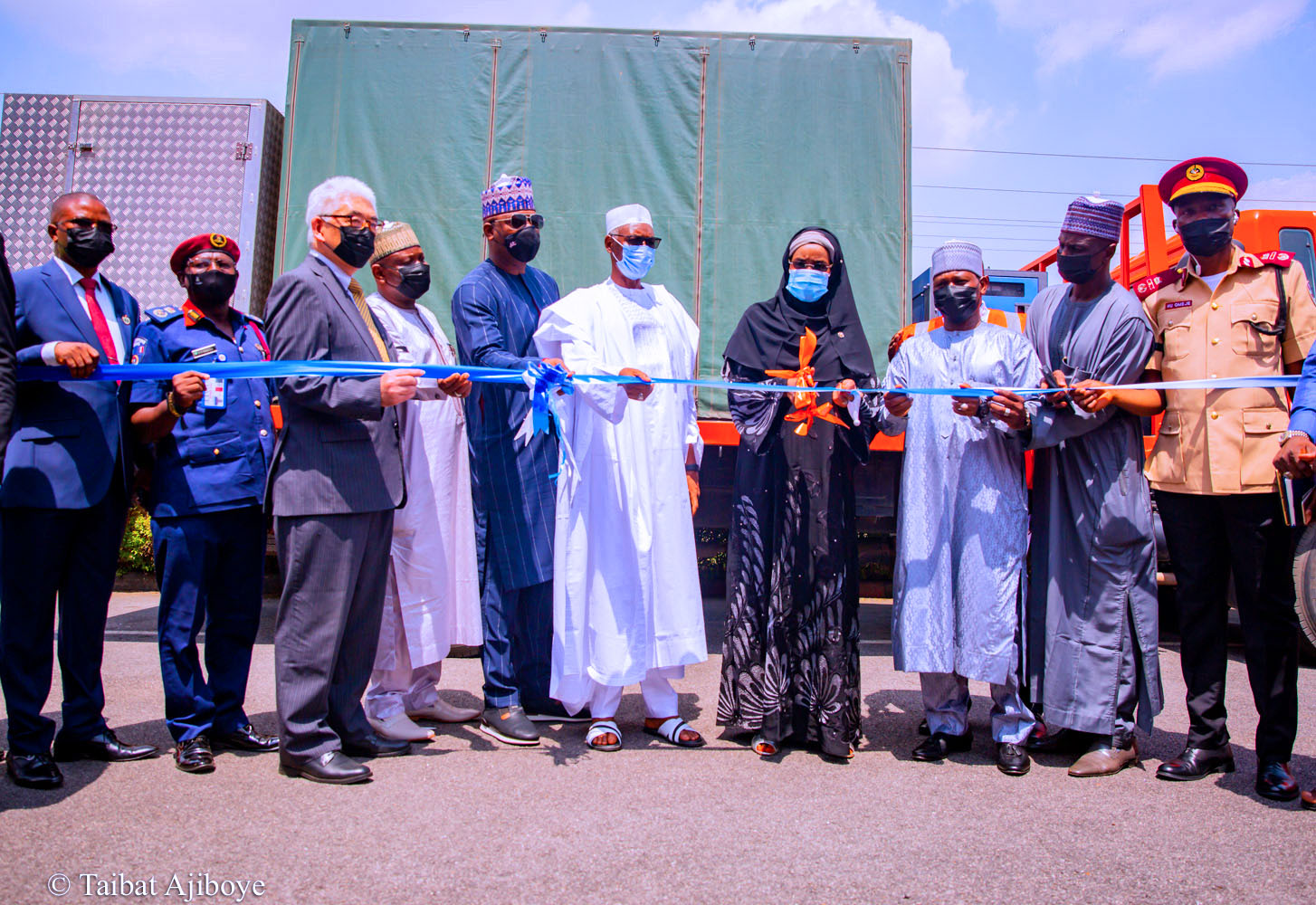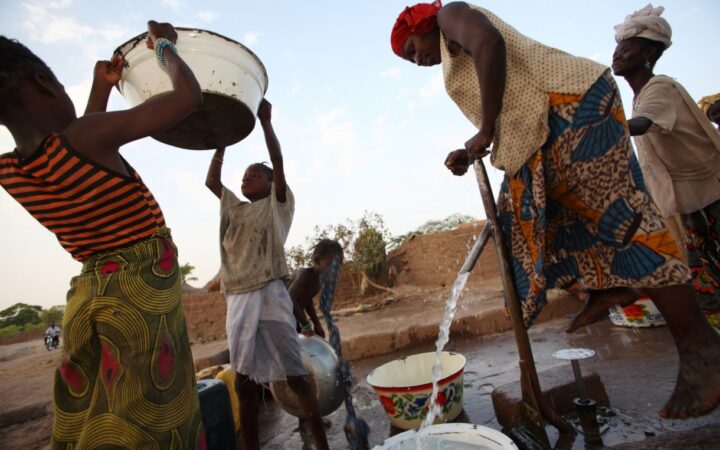Tejumade Tejuoso
Sahara Group says scaling nature-based solutions will be crucial for Africa to attract climate finance and strengthen resilience as the world shifts toward a low-carbon future.
Tejumade Tejuoso, governance and sustainability manager at Sahara Group, told TheCable at the ongoing COP30 in Belém, Brazil, that although Africa contributes minimally to global emissions, the continent suffers disproportionate climate impacts and must position itself strategically in global negotiations.
“For Africa, this is a good time to build strong resilience systems and access the right kind of financing,” she said.
“We need to transition in a way that benefits us, justly and responsibly, and that means keeping development at the centre.”
Advertisement
She highlighted Sahara Group’s ‘Adopt-a-Forest’ initiative as one of the company’s major nature-based interventions, and that the group is driving the restoration of critical forest and mangrove ecosystems across Africa, with a target of a minimum of 1,000,000 trees across its Africa operations.
Tejuoso noted that the group is also targeting an upgrade of facilities at Banco National Park and restoring a 34-hectare arboretum in Côte d’Ivoire and advancing landscape regeneration efforts in Nigeria with 23,900 trees already planted.
She noted that Sahara is also rehabilitating 15 hectares of degraded land in the Juaso District of Ghana; strengthening mangrove restoration activities in Kenya with 10,000 seedlings and 3,100 trees already planted; and leading other forest recovery programmes in Cameroon and Tanzania where about 2,000 trees have been planted.
Advertisement
‘SAHARA GROUP IS ENHANCING CARBON- SEQUESTRATION DRIVE’
She added that Sahara Group’s work is also helping to rebuild natural ecosystems, enhance carbon sequestration potential, and strengthen community resilience in these locations, with plans to expand its footprint even further across the continent.
Tejuoso said Sahara is also aligning its operations with global strategies by strengthening climate-risk assessments, adopting international sustainability standards, and investing in forest and mangrove restoration across Africa.
“It shows how forest adaptation and mangrove restoration are key for carbon sequestration. We are working to adopt as many forest areas as possible to help restore balance to the climate,” she said.
Advertisement
She added that the group is preparing to meet new global sustainability disclosure requirements, which demand more rigorous climate-risk reporting, noting that although the international financial reporting standards (IFRS S1 and S2) will become mandatory for public interest entities like Sahara by 2028, it is already assessing its gaps and integrating the standards across its operations.
Tejuoso noted that Sahara Group is closing the disconnect between academia and industry by introducing modules on green energy to the University of Lagos’ curriculum for year 1 to 3 students using the entrepreneurship, innovation and business incubation certification (EIBIC) platform as a means of getting students interested in research efforts for sustainable energy solutions for the future.
According to her, Sahara Group is using COP30 to understand global market direction, benchmark its progress, and build partnerships that support its commitment to “bringing energy to life responsibly”.
“These conversations are pivotal. Africa is listening. Organisations are listening. Sahara Group is delighted to be part of evolving solutions as the world moves toward a low-carbon future,” she added.
Advertisement
As COP30 nears its final hours, the group called for scaled-up adaptation finance, and expanded access to concessional funding to help African countries cope with worsening climate impacts.
Advertisement
This report was produced with support from Sahara Group and the Kaduna state government
Advertisement







